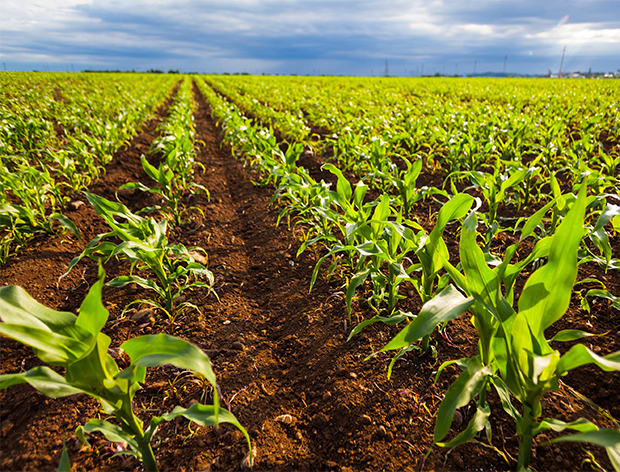The US government has emphasised that sanctions against Russia do not apply to trade in agricultural commodities or fertiliser, as concerns mount that the conflict in Ukraine is causing a “global crisis of food insecurity”.
Businesses are permitted to import and export food for humans and animals, seeds for crops and fertiliser from or to Russia, the US Department of the Treasury confirms as part of a general licence issued last week.
Providing insurance or reinsurance services in support of such trade activity is also allowed, and financial institutions are authorised to process transactions without falling foul of sanctions, the department says in a separate fact sheet.
The clarifications come in response to concerns that Russian trade restrictions are accelerating hikes in agricultural commodity prices, which have in turn prompted fear over the affordability of food for millions of people around the world.
“Russia’s war against Ukraine has exacerbated acute and chronic food insecurity driven by conflict, climate change, and Covid-19,” the Treasury Department says in a press release.
“Putin’s war has strangled food and agriculture production, and he has used food as a weapon of war by destroying agricultural storage, processing, and testing facilities; stealing grain and farm equipment; and effectively blockading Black Sea ports.”
US sanctions on Russia have generally avoided food-related products, instead targeting oil and gas, precious metals such as gold, and the movement of funds through state-affiliated businesses and financial institutions.
However, many companies active in other sectors have reportedly sought out alternative suppliers outside Russia, eager to avoid accidental exposure to restricted entities or reputational damage from continuing to trade with the country.
Coupled with high costs and delays in global supply chains, as well as prolonged inflation over a period of many months, the Treasury Department says a further slowdown on the movement of agricultural goods could push 40 million more people into food insecurity this year.
Historically, Russia and Ukraine have been vital suppliers of agricultural goods. Together the two countries provide more than a quarter of the world’s wheat exports and a third of barley exports, according to a March report by agriculture-focused tech company Gro Intelligence. They also provide 76% of the world’s sunflower products, and 17% of corn exports.
Many commodity prices have shown signs of stabilisation in recent weeks, with wheat, corn and sunflower product prices dipping by at least 20% month-on-month.
However, prices for all three remain significantly higher than this time last year, data from Trading Economics shows. The availability of fertiliser is also a concern, with Russia and Ukraine being key suppliers of inputs such as potash and nitrogen.
World Trade Organization director general Ngozi Okonjo-Iweala told a conference of G20 finance ministers last week that “African countries are already having difficulty accessing adequate quantities of fertiliser”.
“There is a risk that supplies may be diverted away from poorer countries to richer ones, repeating the experience with Covid-19 vaccines,” she said.
US Treasury Secretary Janet Yellen has called for international action to address both short-term and long-term drivers of food insecurity.
Speaking at a G20 seminar last week, she said multilateral development banks (MDBs), the WTO and the International Monetary Fund must “step up and surge their response to the crisis with urgency”, invoking a joint statement issued by several influential institutions in April this year.
That statement said MDBs should support fresh capital injections and reallocate undisbursed funds to boost emergency spending, as well as take “a flexible approach to balance sheet risk management”.
Yellen added that G20 governments “must set the example and call on others to avoid counterproductive policy responses such as export restrictions and stockpiling, which distort markets and further drive up prices”.
Some food-related trade activity with Russia remains subject to US sanctions, including imports of Russian-origin fish and seafood.
There are also restrictions on dealing in debt and equity of the Russian Agricultural Bank, a state-owned lender that finances agricultural producers, although other activities involving the bank are permitted.
US banks are also forbidden from opening or maintaining a correspondent banking or payable-through account on behalf of sanctioned Russian financial institutions, and cannot process payments in favour of Russia’s central bank, finance ministry or national wealth fund.







